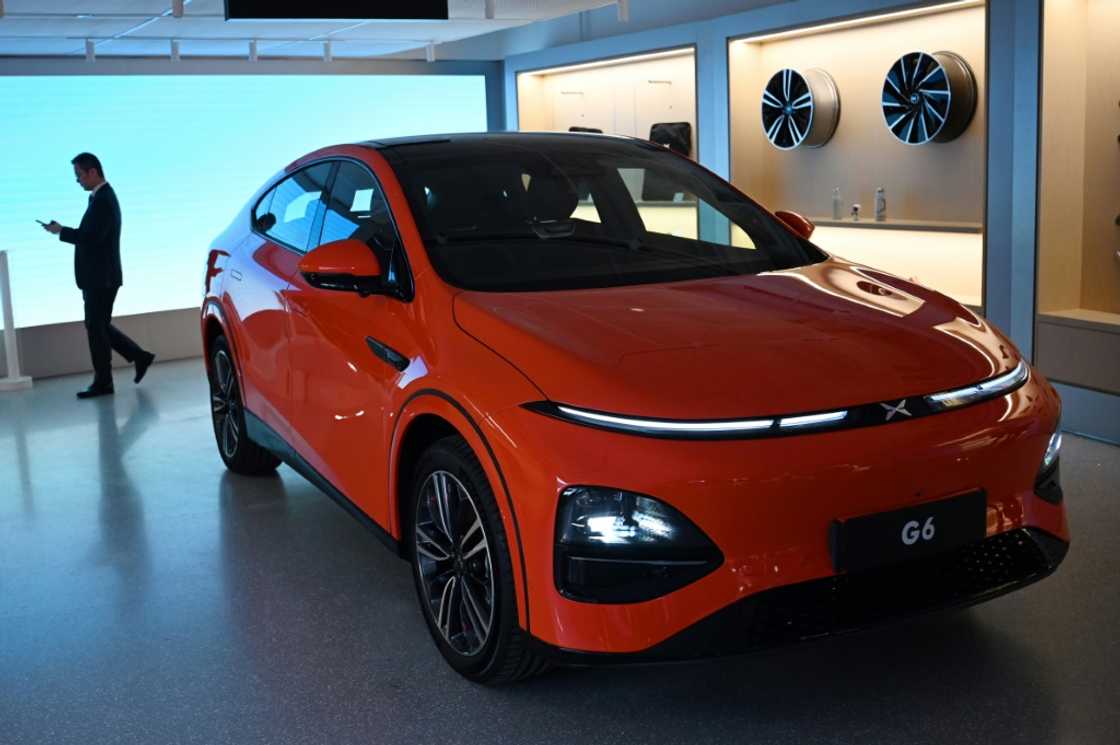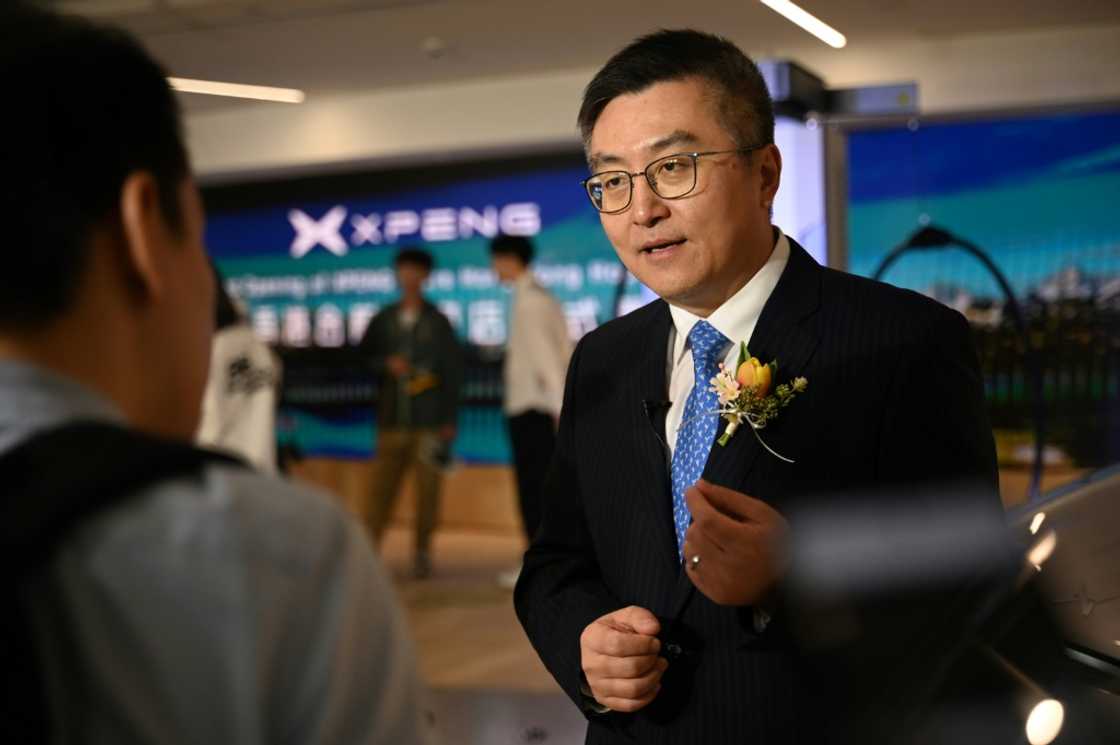
Chinese electric vehicle manufacturer XPeng stated on Friday that the European Union’s duties on vehicles produced in China have exerted significant financial pressure; however, these measures will not dissuade the company from pursuing opportunities within the European market.
In October, Brussels opted to introduce tariffs as high as 35.3 percent on imported Chinese electric vehicles, arguing that these products receive undue advantages due to claimed subsidies, which put European competitors at a disadvantage.
The tariffs represent an issue we must address as they create significant economic consequences, according to Brian Gu, the vice chairman and president of XPeng, who spoke during the inauguration of a new store in Hong Kong.
The company, headquartered in Guangzhou, announced last month that it plans to expand its reach to 60 countries and regions this year—a move that reflects the ongoing globalization efforts within China’s electric vehicle industry.
The tariffs are “not preventing us from pursuing the European opportunity,” Gu stated to AFP, further noting, “We continue to view it as a highly significant market.”
He stated that being locally focused helps reduce many of these tariffs and instances of protectionism.
After receiving substantial backing from Beijing for many years, Chinese electric vehicle makers have stepped up their domestic rivalry and are now keen to secure a competitive advantage through export activities and technological innovations.
China’s leading electric vehicle manufacturer, BYD, experienced an uptick in its stock prices on Tuesday following the announcement of innovative battery tech capable of charging a vehicle as quickly as filling a gasoline-powered car at a pump.
Autonomous driving technology—which typically falls into five levels, where L5 signifies complete automation without requiring any input from humans—is likewise a crucial arena for automobile manufacturers in China.

"The technology is advancing at an accelerated pace," driven by stronger processors and developments in artificial intelligence, according to Gu. He also mentioned that L4 vehicles might start mass production as soon as next year.
In the meantime, the United States kept a full 100 percent tariff on electric vehicles originating from China and concluded a regulation in January that essentially excluded Chinese tech from American automobiles.
In April 2024, XPeng made its entry into the Hong Kong market and has since encountered strong competition from both domestic competitors and well-established brands like Tesla.
Last year, there were nearly 500 XPeng vehicles newly registered in Hong Kong, according to official data, placing them below other Chinese brands like SAIC’s Maxus and Geely’s Zeekr.
During its store opening on Friday, the company announced that it would introduce its premium seven-seat model, the X9, to Hong Kong.


No comments:
Post a Comment